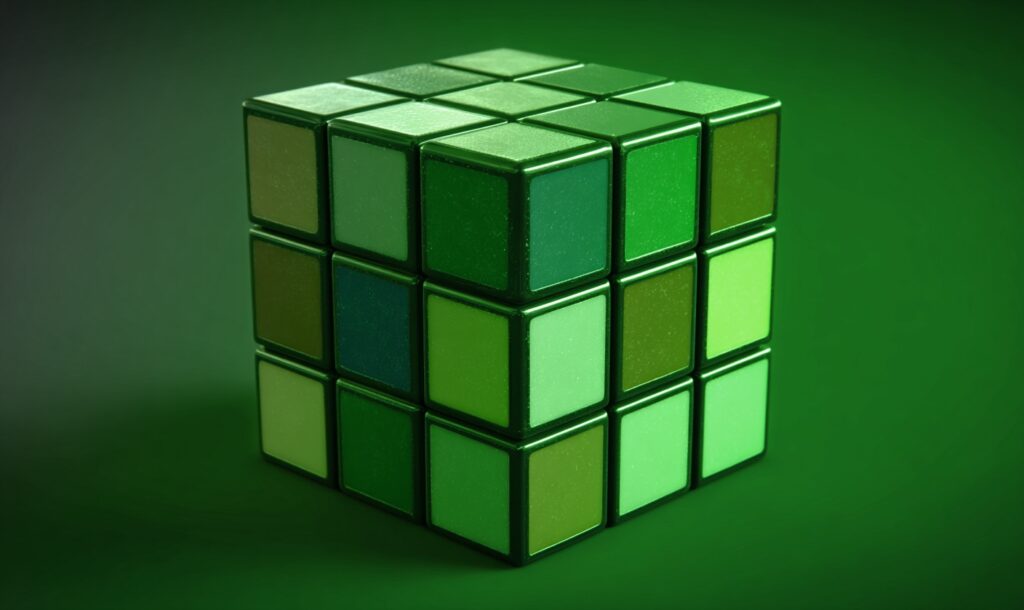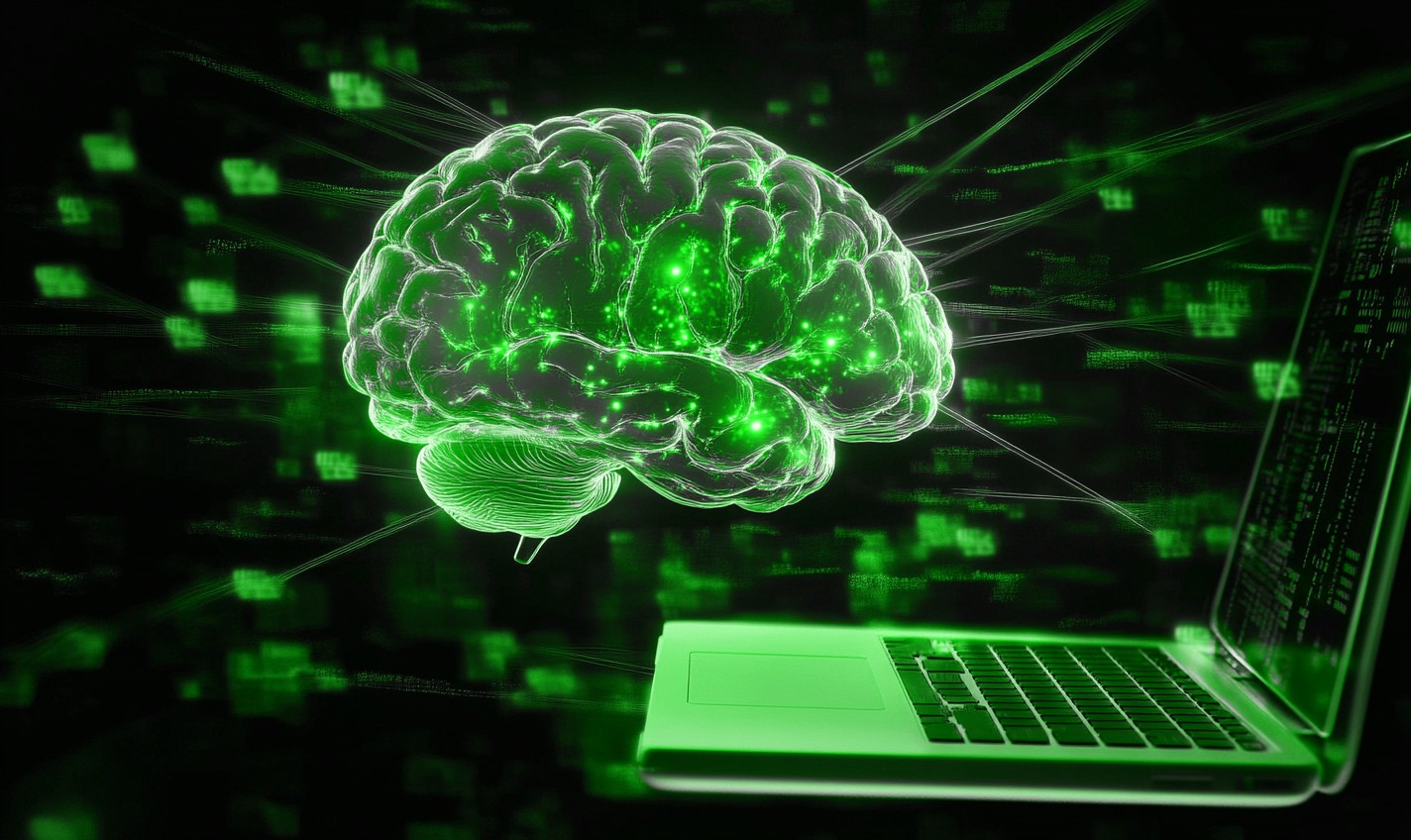Medical technology has become a part of our daily lives, often without us realizing it. Do you wear a Fitbit or other fitness tracker? Then you’re already familiar with medical tech. We collect our heart rates, calories burned and fitness information and use it to achieve our weight loss or health goals.
In the hands of a medical professional, this technology could allow them to monitor patients remotely. In an ideal world, it could give patients with a terminal diagnosis more independence since they won’t need to be in the hospital for monitoring.
Health tech might sound like a great tool to help people stay healthy or improve quality of life for patients with a terminal or chronic diagnosis, especially if they’re working with a physician who is monitoring the patient’s health data. However, as with any new technology, there are some downsides to it, as well.
Let’s take a closer look at the pros and cons of medical tech, and whether you should be mentioning these new technological advances to your doctor.
Pros of Medical Tech
First, let’s take a look at the positive side of the new medical tech. Medical apps, like GoodRX or Red Cross First Aid, are gaining popularity, and 93 percent of doctors believe these applications could help keep their patients healthier.
Collectively, the Internet of Medical Things (IoMT) — the broad term for connected medical devices — could potentially improve medical diagnostics, especially when paired with machine learning or artificial intelligence. These intelligent computer programs can analyze patient data, pinpointing similarities to other previous diagnoses, providing more accurate information.
We’re even getting to the point where gene editing is moving from the realm of science fiction to science fact, and scientists are looking into a way to edit a person’s genes to remove chronic conditions like sickle cell disease and cystic fibrosis from the human gene pool.
Medical tech isn’t just good for patients. It is also quickly becoming a tool to train doctors and surgeons before they ever set foot in a patient’s operating room. Medical students can use virtual reality to practice delicate techniques without ever putting a subject at risk.
An IoT-enabled home could allow patients with terminal or chronic conditions to live independent lives at home while still letting their physicians monitor them. Patients can wear monitors that will convey their vital signs in real time, and IoT pillboxes, motion sensors and similar devices can let physicians know if a patient hasn’t gotten out of bed or taken their pills in a while.
This all sounds like a fantastic step forward for medical science and patient care, but it isn’t all great news.
Cons of Medical Tech
The most significant disadvantage of new connected medical tech is concerns about patient privacy and the hazard of data breaches. Networked systems like the ones that are becoming prominent in the medical community are always vulnerable to hackers — and medical data is more valuable to thieves than credit card information because people monitor their credit reports, but they don’t always pay attention to their insurance statements.
While these advances may be useful tools for medical professionals to monitor their patients, it could also encourage people to use them instead of seeking out medical attention if they need it.
Some recent studies suggest that wearing a fitness tracker like a Fitbit can even promote eating disorders. The researchers are quick to point out that while the technology itself isn’t inherently harmful, but the focus on fitness and burning calories can fuel the pathology, exacerbating the symptoms of eating disorders.
A Focus on Purpose Will Help Medical Tech Have a Positive Effect
The advances that we’ve made in medical tech are astonishing, but the key, as with any new technology, is to ensure it is being used for its intended purpose. Humans inherently take anything new and twist it — we figured out how to split the atom that should have been a nearly unlimited clean energy source, but instead, we turned it into a bomb.
The pros and cons of medical tech are as complex as they are beneficial. Medical tech can do a lot of good, but it can do just as much harm in the wrong hands.
Recent Stories
Follow Us On
Get the latest tech stories and news in seconds!
Sign up for our newsletter below to receive updates about technology trends




